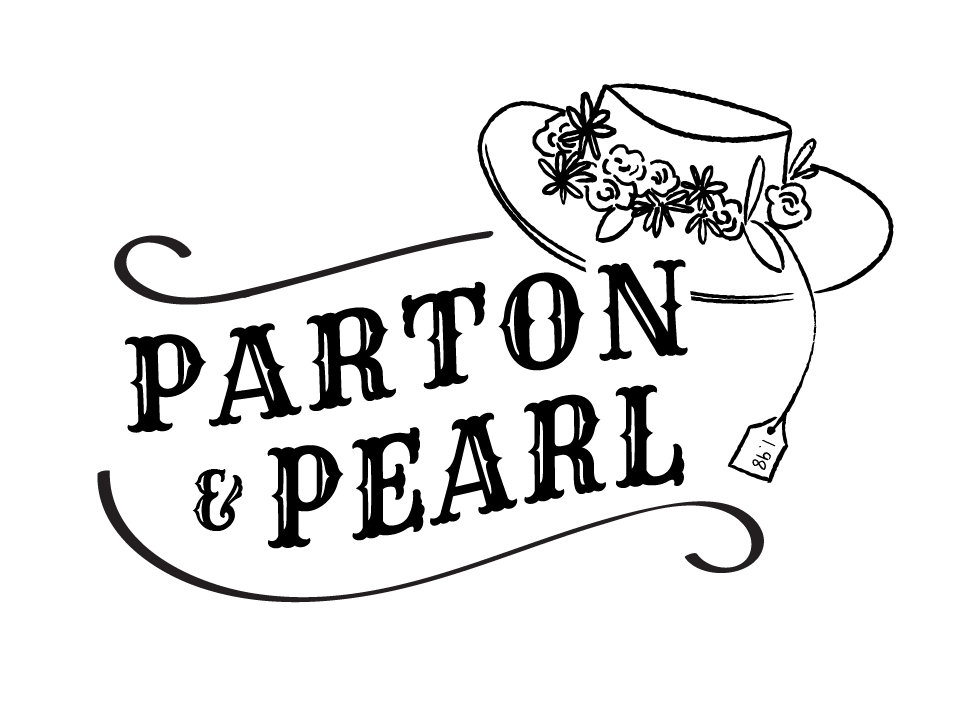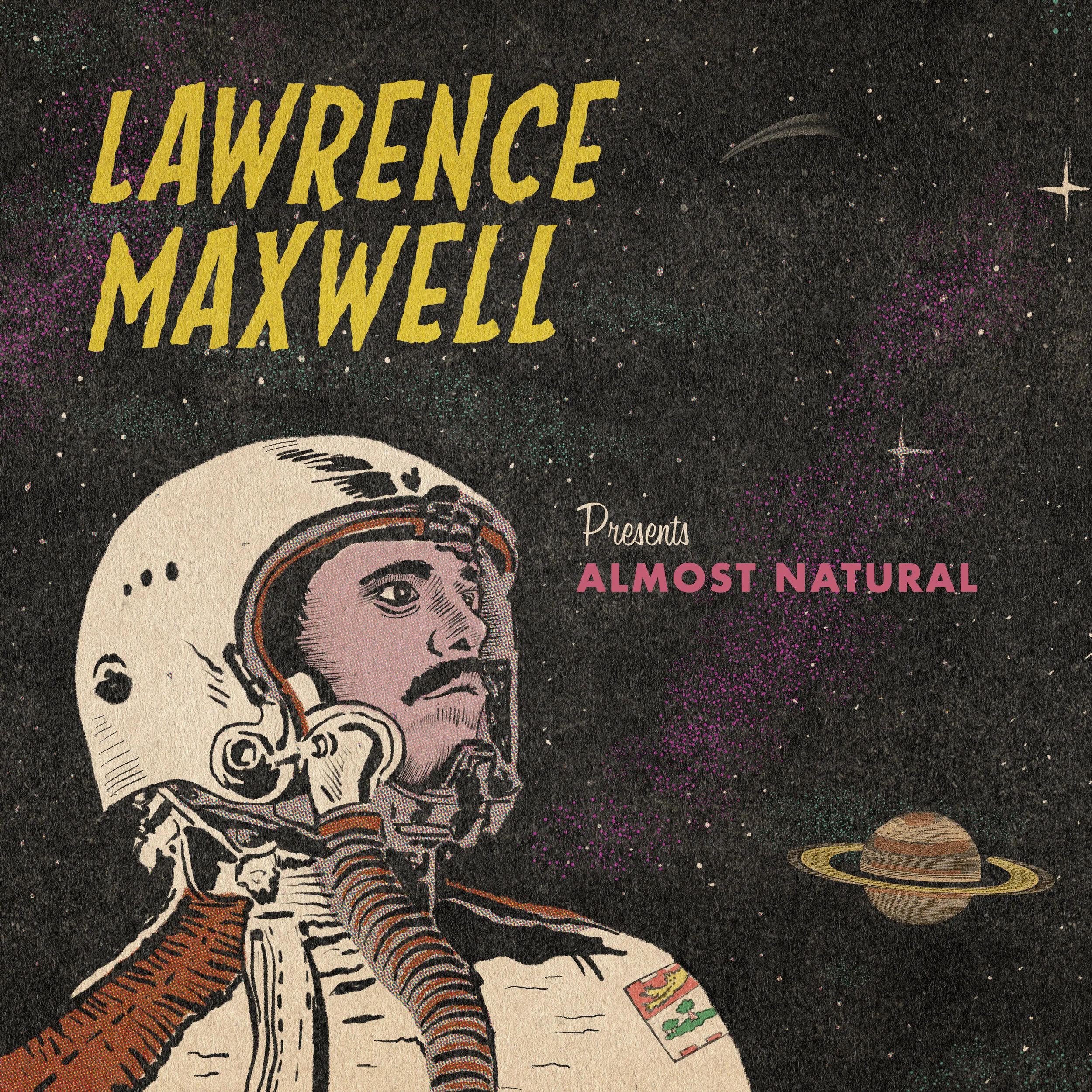Maritime Tradition with Shane Pendergast
Shane Pendergast
Sometimes contemporary people singing old time folk music discuss very specific locations, like Jean Richie in Appalachia or Fred Jones, a farmer in Shropshire. Sometimes they sing about roving, or wandering, or displacement. Tracing a local place traces non local movement. These movements are often gathered in a third location - an archive or a university, or a certain kind of concert hall. Even in the recreation of folk music, or making music that sounds like folk music, seems to be half about rambling and half about staying put. When to ramble or when to stay put are economic problems.
Shane Pendergast, a documentary filmmaker, student in Toronto, and third generation folk singer, grew up in PEI. Some of his relations had their songs collected when they were lumbering in Maine. The person who collected those songs, would eventually spend summers in PEI, eventually founding a popular music festival, in the middle of the summer.
In Summertime Rover, Pendergast sings about falling in love on the island in the summer but needing to leave in the winter. Hearing him sing it in late winter in Toronto, the roving seems to be less about seasonal romance, and more about how to make a life in the economic reality of seasonal life.
The rambling and the staying put, can also be seen in the work of Alan Lomax, an academic and writer, who spent decades collecting music with his tape recorder throughout the southern United States. Talking to critics about Lomax - enough people see the skullduggery he did among Appalachian grandmothers and Texas prisoners - everything from refusing to let people sing songs they learnt on the radio, to colluding with wardens to extend sentences of prisoners who refused to have their stories recorded. The other side is this idea that we wouldn’t have the stories, that they would disappear without people like Lomax. Lomax is the most famous, and the biggest name in these story tellings, but how we imagine Appalachia - how the outside world sees an interior community - can be told via these recordings. We wouldn’t have the Waltons without Alan Lomax, or Dollywood, in its way. Pendergast, at first would seem to be the kind of person Lomax would steal from, but how he crafts his songs, both in a folk tradition, at an oblique angle to those caught, reworks questions of who is catching, and who is being caught.
Song catchers, looking for folk music, thought it came untranslated, from Ireland or Scotland. Every visit to isolated rural communities, ignored what people were actually listening to for mythical ur-texts. Rural people aren’t unintelligent, they know there is a market in this kind of collecting, and they know the power in getting people what they want. East coast kitchen parties play “traditional”, and thus “authentic” music, but like any natural resource, it is sold to audiences willing to suspend disbelief, and thus be made real. Pendergast’s ability to tell specific stories about PEI, expands and complicates local history away from the Celtic heritage, away from the kitsch of a certain kind of geographic nostalgia.
There is something like a kitchen party in the Whealon Gate Pub in downtown Toronto once a month. There are as many or more musicians than there are audience members, and the audience members sing along. They know about the country music being played, and want to hear more of it. But because musicians are more interested in working through a text, than perverting its pretty, what becomes a folk song is an open question. The last time I went there were a dozen performers, around a long central table, at the edge of the public, right below the window. There were less women than men, and there was less racial diversity than a gig in Toronto should have, but what an Irish song, or what a folk song could be just kind of fell apart - there were songs that were first sung in the 9th century and songs that were about economic tensions in late 20th century Dublin. Pendergast sang Anne Murray’s Snowbird, a Gordon Lightfoot tune, some historic lumber shanties, and a song he wrote.
His original song was a story about Atlantic Canada’s economic self determination, a musician who needs to go to Toronto to make work about PEI is not that different from an oil rig worker who needs to go to Fort McMurray to feed his family in Newfoundland - or at least that was my initial reaction, when he sang two songs back to back. The first one was a lumber shanty about Islanders, figuring out how to make economic sense of this move between the island and the mainland. The second was a song of his own devising, a haunting story song about how he does not have stories like his fathers, and that his stories “only come from a book”.
There is a very clever loop that Pendergast is playing with here. The shanty that he sung, was the same one that his uncles and his grandfather would sing. It was collected by Sandy Ives. Pendergast explains the relationship was one of fondness. Ives met a PEI folk singer named Larry Gorman, in the lumber camps of Maine. Ives was curious about Gorman’s music, and traced the line from Maine to PEI. He put some classified ads in The Guardian and The Journal Pioneer, newspapers on the Island. Pendergast’s great uncles and grandfather would invite Ives up, who came and recorded. This resulted in a long friendship, regular visits, and an eventual festival of folk music on the Island. Pendergast did not think of Ives as an imposition, and Ives would come back most summers, both playing and recording, the same kind of gathering and performing that marked other song catchers. Eventually, this loop of old time music, and new performers would extend what folk music could be on the Island - there were folk festivals, big parties, and tourists would come. It provided an important economic base, another kind of resource.
It sounds pleasant. None of the confusion of economics, just a nice man who came from the university, and recognized that we had some interesting things, and he stayed a while, and we made this thing together. Perhaps even Ives could be considered another kind of Rover, falling in love with a culture, as opposed to an individual.
Pendergast combines a story of a lumber shanty, with this story about his absences, about him only knowing his uncles via this gap or absence, his prioritizing the oral tradition, saying that the stories written in books are made more giant when seen elsewhere. There is an expectation to talk about landscape, and to work out what landscape means when in the middle of Toronto. At his album launch party, a few weeks before quarantine, there was a kind of goodbye party, and a little bit of a homecoming. There were his film friends, an internationalist crew, and there were friends and family from PEI. He sang songs about the Island, most of the songs on his debut album were about the intricacies of living through that landscape.
The landscape is imbued with these fraught interior/exterior landscapes. On his song Three Mile Limit, a story about bootlegging, fishing and the culture of a kind of malicious compliance, he describes the Canadian government’s power ending at three miles out from the sea (this must be from the 1930s), then how that limit was extended to twenty miles. When he introduced this story live, he talked about the building of the Confederation Bridge as another example of Canadian national interests invading PEI self-determination. The three mile limit became a twenty mile limit which became a permanent tether. Pendergast, at his best, recasts the problem of regionalism to a problem of landscape, and is clever to know that these problems are fraught with sentimentality. A rover avoids the tethering by abandoning any permeance, a person connected to the land needs this paradoxical independence.
I think that this is one of the reasons why songs that might sound mannered, or shoddy, like a young kid trying to make a folk song, kind of work. I am thinking about the song Summertime Rover - the word rover one of those kind of false Elizabethan words that the old song catcher would adore. But, it is also a song, about the economics of pleasure, made especially poignant with the stories of money made in the summer. It is a song, no matter how sprightly it is, how pleasurable it is, for the tourists, but also the tourists. Listening to it, I think about how Pendergast slides all kinds of oral traditions at his shows. He speaks stories, then he sings a song - the song could be his, or it could be someone else.
He roves around an answer, when asking about folk culture: “I am in a constant state of confusion as to what makes an authentic folk song, but I try not to get too caught up in worrying about it. In fact, I don’t think there is a definitive answer. I like to write songs in a modern context, but it’s just as enjoyable to write a song that is ambiguous (or even deceptive) in regards to origin. Sometimes I employ conventions of historical folk songs (through melody, structure, or diction) to a song set in a modern context.”
The past is very explicit in Pendergast’s work. When he sings about his grandfather and grand uncles were part of those Bangor boys, he moves between the singing, and the film making, the text continually renewing. Hearing him then sing about what he cannot know, the gaps of his knowledge, or hearing about him making stories of his father’s songs, is a question of this memory being pockmarked. The formal and informal nature of singing history being one of continual attempts at remembering, being locked into a a kind of historic memory, and failing about it constantly. Pendergast continues: “Stories beget songs, and songs beget stories. I grew up listening to my Dad sing the children’s song “Lester the Lobster.” Years later, our playing of that song led to us hearing that the writer of the song was a long-time hitchhiking pal of Stompin’ Tom Connors by the name of Stevedore Steve Foote. Now I am finishing a documentary about Steve’s life. I have interests that lie beyond Maritime tales, but they say ‘write what you know,’ and until I can hit the road and do some more traveling, most of my inspiration lies on the East Coast.”
This roving away from home, and returning back, reminds me of Rita McNeil’s years of day jobbing in Toronto, and moving back to the east coast, singing stories there, and it reminds me that a kind of regionalism is thought to be a universalism in Canadian instinct. There are ways of making it not sound like kitsch, but we also like to buy kitsch. Pendergast’s slide between a kind of east coast specificity, and intricate feelings, seem to be something that Canadians do well, and it is something he does well. It’s a neat trick, and one pleasurable to listen to.
I’m looking forward to his continued roving.
Place to the Name was released March 10, 2020
Listen to it here.











